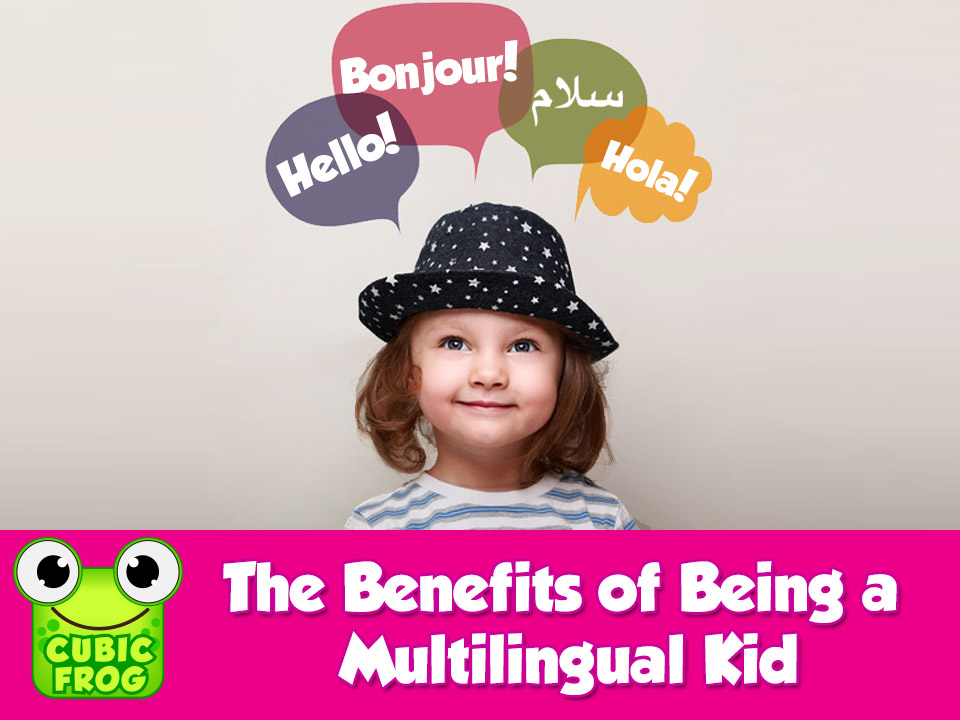There’s an incredible gift you can give you kids that is totally free: a second language. Historically parents were warned against using more than one language in the house because it was thought to ‘confuse’ children. But research has shown the exact opposite is true; kids who speak more than one language actually have an array of cognitive and social benefits single language speakers are missing.
So you’re a parent that doesn’t speak a second language? Don’t worry, it’s all been shown that these same benefits function for people who learn a language later in life as well. And who can think of a cooler activity than learning a new language together as a family?
Here’s 4 Ways Being Multilingual Makes Children Smarter
1. Bilingual children have been shown to be better than their monolingual peers at focusing on a task while tuning out distractions.
There’s s special part of the brain which handles dividing tasks and focus when there is more than one stimuli, this is called ‘executive functions’. Typically in children, executive functions have little need to develop, so mature at a slow rate until mid-twenties. For multi-lingual kids, there is an immediate use for distinguishing between languages, so executive function development skyrockets. As a result studies show multilingual children have an easier time with multi-tasking and concentration.
2. Mastering two languages helps bilingual children solve logic problems more effectively.
Brain scans of multi lingual speakers have shown increased activity in prefrontal cortex brain networks, the area which directs the highest levels of thinking and awareness. What does that mean in everyday English? Simply put, bilingual children, who had had five to ten years of bilingual exposure, averaged higher scores in cognitive performance on tests.
3. Bilingualism can help to ward off the mental aging process
A study in November 2013, concluded that participants who spoke a second language were able to delay Alzheimer’s, vascular dementia, and frontotemporal dementia by four years. Researchers can’t pin-point exactly why multilingual people have this benefit but propose it is because speaking more than one language is like literally exercising your brain. This cranial workout challenges grey brain matter, the stuff that makes you smart, to continue to constantly grow.
4. Speaking more than one language from an early age introduces the idea that the world is a diverse place with different languages and cultures to explore.
This one might seem a little bit obvious but a broader perspective should never be taken for granted. Having access to another language is like having access to another world by giving a direct connection to another culture. The effect is cumulative and encourages kids to go beyond the norm and stretch their global citizenship.





